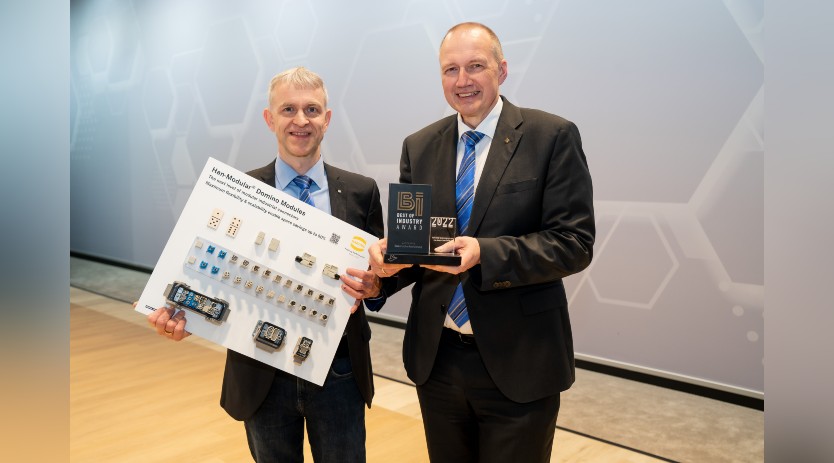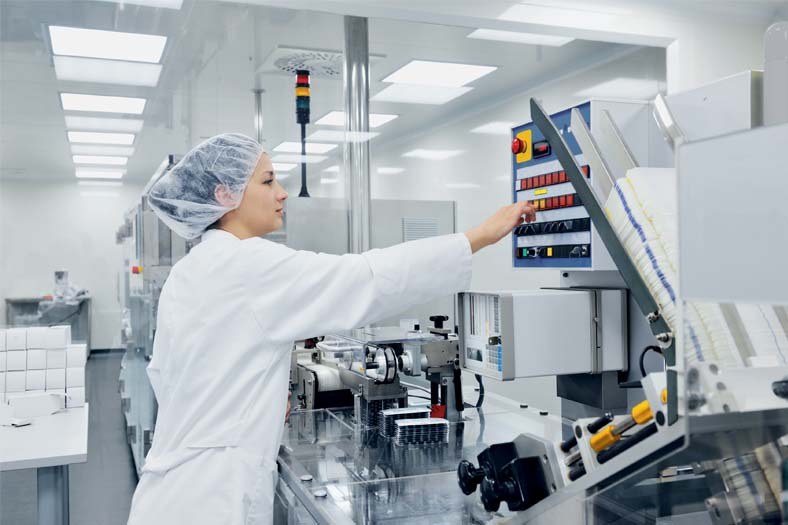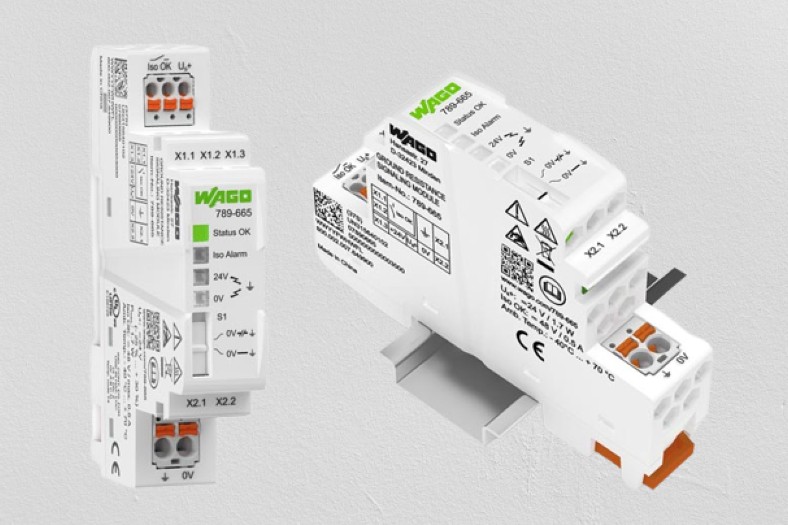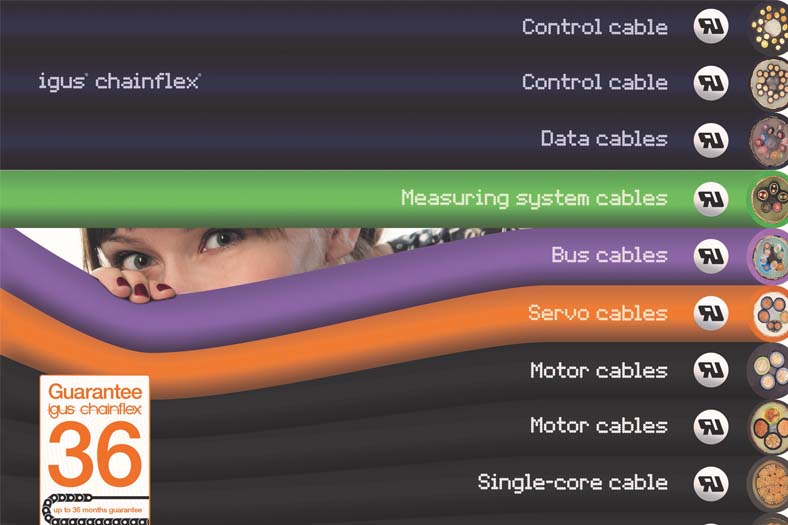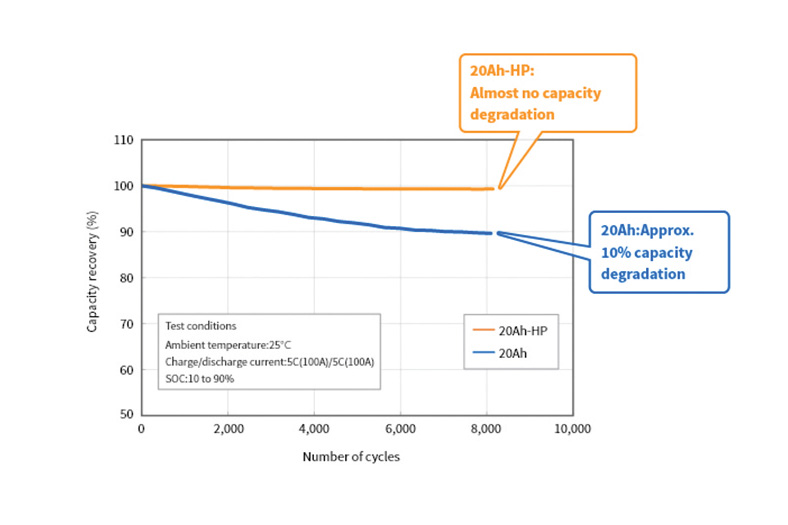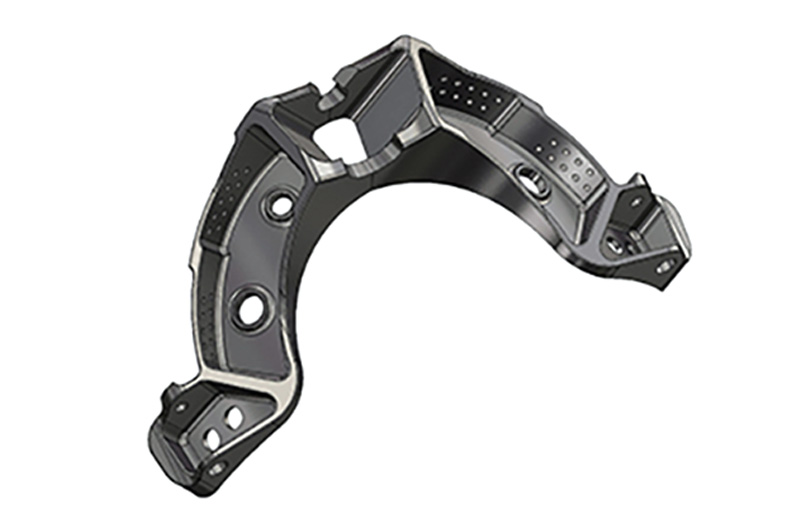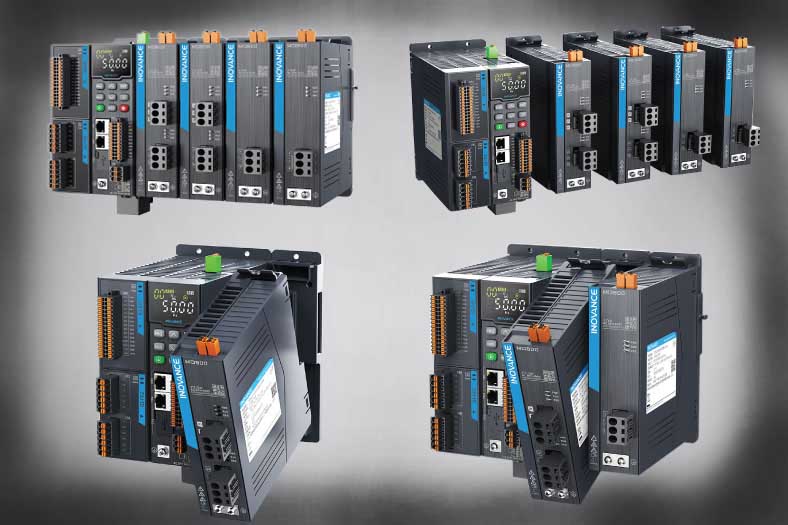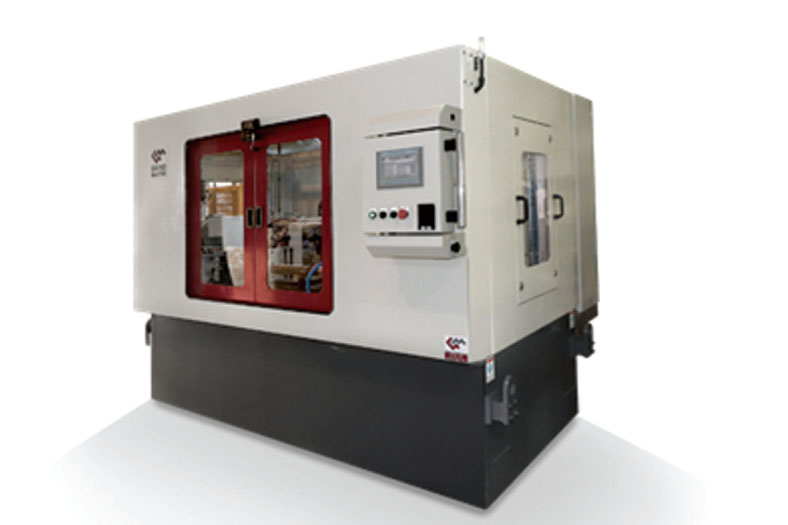Smart operations for smart manufactures
By OEM Update Editorial August 10, 2018 2:19 pm IST
Smart manufacturing can help companies to optimise their business processes to a level that could previously only be imagined. Here, is a Rockwell analysis on how to tackle the ever evolving industry challenges using smart operations.
Evolving industry challenges are confronting global food and beverage manufacturers. The three major drivers behind these challenges are demands from retailers and consumers, requirements from regulators for the quality of food that is produced, and needs from brand or business owners who want to make superior products while remaining profitable and increasing their efficiency.
All of this requires companies and manufacturers to embrace new the Industrial Internet of Things (IIoT) and digital technologies to continually address process improvements and production expansion opportunities.
Smart manufacturing can help food and beverage businesses take a fresh and more sophisticated approach to the way they run their operations. By connecting previously disconnected processes, smart manufacturing enables a single view of operations within an organisation and seamless communication across people, data and assets. With improvements to real-time collaboration and continuously optimised processes, smart manufacturing keeps operations moving.
Optimised assets- The right tools
Bringing together disparate networks, improving production visibility and attaining better control of processes can help make operational improvements and drive gains in efficiency, especially for complex activities such as changeovers. Additionally, wider availability of information can help manufacturers be more responsive to supply-chain developments and improve on-demand production.
In particular, food and beverage producers can use smart manufacturing technologies to transform and improve manufacturing operation, including:
• Better intelligence: Manufacturing information is the basis for deeper analysis to improve operations. The ability to access real-time information on parameters, such as temperature, pressure, cook time and clean-in-place, can help to create a more proactive approach to food safety and quality. Automated data collection, logging and reporting also help to reduce the regulatory compliance burden.
• Enterprise manufacturing intelligence (EMI): EMI software organises correlates and presents production information to help operators spot issues and adjust them in real time. Data-rich dashboards display how a machine or line is performing and notifies workers if the production parameters exceed pre-set limits.
• Enhanced control: A modern distributed control system (DCS) integrates all automation processes into one plant-wide system. DCS features, such as model predictive control (MPC), alarm management and batch management, can help improve plant efficiencies and operational performance. Virtualised servers and workstations can help reduce IT investments, improve uptime and extend life cycles.
• Smarter machines: Smart machines and devices can provide unprecedented access to data. Real-time data can be logged and analysed to help workers make better decisions and ultimately optimise not only their machines, but their entire manufacturing process.
Get more out of production
When it comes to improving yields, smart manufacturing provides opportunities to not only follow the flow of ingredients and track yield throughout production, but also gives more in-depth insights into key
production areas that can help show where operations can improve.
Manufacturing execution system (MES) software is one of the fundamental building blocks in process control within food and beverage production. It automates data collection for deeper and more immediate production visibility. This can help manufacturers make better decisions based on operations, the commodity market and raw ingredients to help manage material variance and improve yield.
Traceability within the supply chain is becoming essential to efficiently respond to consumer demand, or help prevent and manage recalls. By applying model predictive control (MPC) as an intelligent layer on top of the existing automation system, operating parameters for all processes can be captured. The MPC predicts conditions of the process areas and line and then makes ongoing adjustments to continuously optimise the process.
For example, Miraka had their dairy processing plants adopt an innovative solution to identify process improvements and maximise production. The installation of Pavilion8 MPC software and smart upgrades to the control system helped them achieve a capacity increase of more than four percent during peak season, and raised the moisture targets by 0.04 percent.
Frictionless productivityThe applications and advantages of smart manufacturing are not just confined to machines but they can also create real benefits when it comes to managing the workforce. All companies and their plants, regardless of size, are under the same pressures to improve productivity and protect workers. As older, more experienced workers retire, younger, less experienced workers are taking their place. A new workforce needs new tools and workflows to meet the challenges of flexible and agile production. To be flexible in a dynamic environment and respond quickly to change, workers need information.
Worker-specific instructions and contextualised production information can help reduce complexity for new workers. Mobile devices can deliver information to them in an interactive and familiar format. Digitising processes can also capture critical ‘tribal knowledge’ from experienced workers before they retire and improve efficiency in operations and work conditions for a new workforce.
For example, after Milk Specialties Global rolled out new manufacturing intelligence systems across their three raw milk facilities, production control systems are no longer data isolated, and the reporting capabilities are no longer outdated and labour intensive. With the FactoryTalk VantagePoint enterprise manufacturing intelligence (EMI) software, everyone on the plant floor has the real-time visibility and workers can view data quickly and within multiple contexts to understand production data such as chemicals in products (CIP) chemical usage and tracking.
Moreover, safety systems that are integrated with machinery control systems can help mitigate risks and are not as prone to nuisance shutdowns as older hardwired systems. With data on safety incidents, manufacturers can identify risks and adjust areas where safety-related shutdowns are occurring.
Measure the meters
Improved productivity can be a corollary benefit when companies use smart manufacturing to address their management of resources, including water, air, gas, electricity and steam (WAGES). Because energy costs continue to rise, food and beverage producers are taking greater control over these expenses to gain a critical competitive advantage. The key to reducing energy-related costs is understanding where, when and how much is being consumed. Armed with this information, companies can proactively manage load requirements, improve system performance and reduce costs.
Smart technologies in energy management help manufacturers track energy consumption in some capacity, whether at a site level or down to specific production lines. By monitoring consumption, these companies can make operational changes to reduce energy consumption and costs. Access to historical data also allows management to address intermittent or persistent power-quality issues, such as voltage sags or harmonics. By doing so, they can save thousands of dollars in damaged equipment or poor-quality product, and avoid penalties associated with power-factor problems on the energy grid. This type of data monitoring and analysis is critical to making improvements; hence, companies are able to look ahead and make smarter decisions when it comes to controlling energy usage.
For example, Faribault Foods’ bean plant replaced its existing production infrastructure with a process solution to boost efficiency on managing WAGES consumption information. With a new set of Allen-Bradley smart drives and controllers and by deploying more intelligent motor control throughout the plant, they reduced more than 38 percent of natural gas usage and more than 100 million gallons’ overall water usage each year.
Protect the data and recipe
New developments in technology are redefining food and beverage manufacturing. By combining IoT, wireless and mobile technologies, data analytics and network infrastructure, companies can access and act on the data from their operations. For all the benefits that smart manufacturing can
offer, it also requires a more comprehensive approach to security.
In the food and beverage industry, manufacturers need to protect not only their uptime and intellectual property but also the processes, equipment and people responsible for keeping the products safe and high quality.
For example, Arnott’s started their smart plant operations by having their manufacturing plant in Adelaide, Australia, move to a new control platform. They leveraged the intelligence of the PowerFlex variable speed drives on an EtherNet/IP network to help operators access real-time information securely in the plant. Because the systems were centralised and the site’s flexibility and agility were improved, the company successfully reduced engineering time and production loss during the plant upgrade.
A key to stay ahead
There is no one-size approach for all. Smart manufacturing is not a product that can be bought or a machine that can be installed;it is a journey and is a case of helping manufacturers understand where they can start.
The ability to access relevant, real-time and role-based information can help enable more informed decision-making at every level and create nearly endless opportunities to improve processes. Advances in equipment, control systems and information systems can help establish more flexible and more responsive operations.
So, the benefits of smart manufacturing extend far beyond operational improvements. A secure network infrastructure, greater connectivity and access to actionable information create opportunities to enhance quality, food safety and worker safety – all while helping ease regulatory compliance.
Cookie Consent
We use cookies to personalize your experience. By continuing to visit this website you agree to our Terms & Conditions, Privacy Policy and Cookie Policy.




